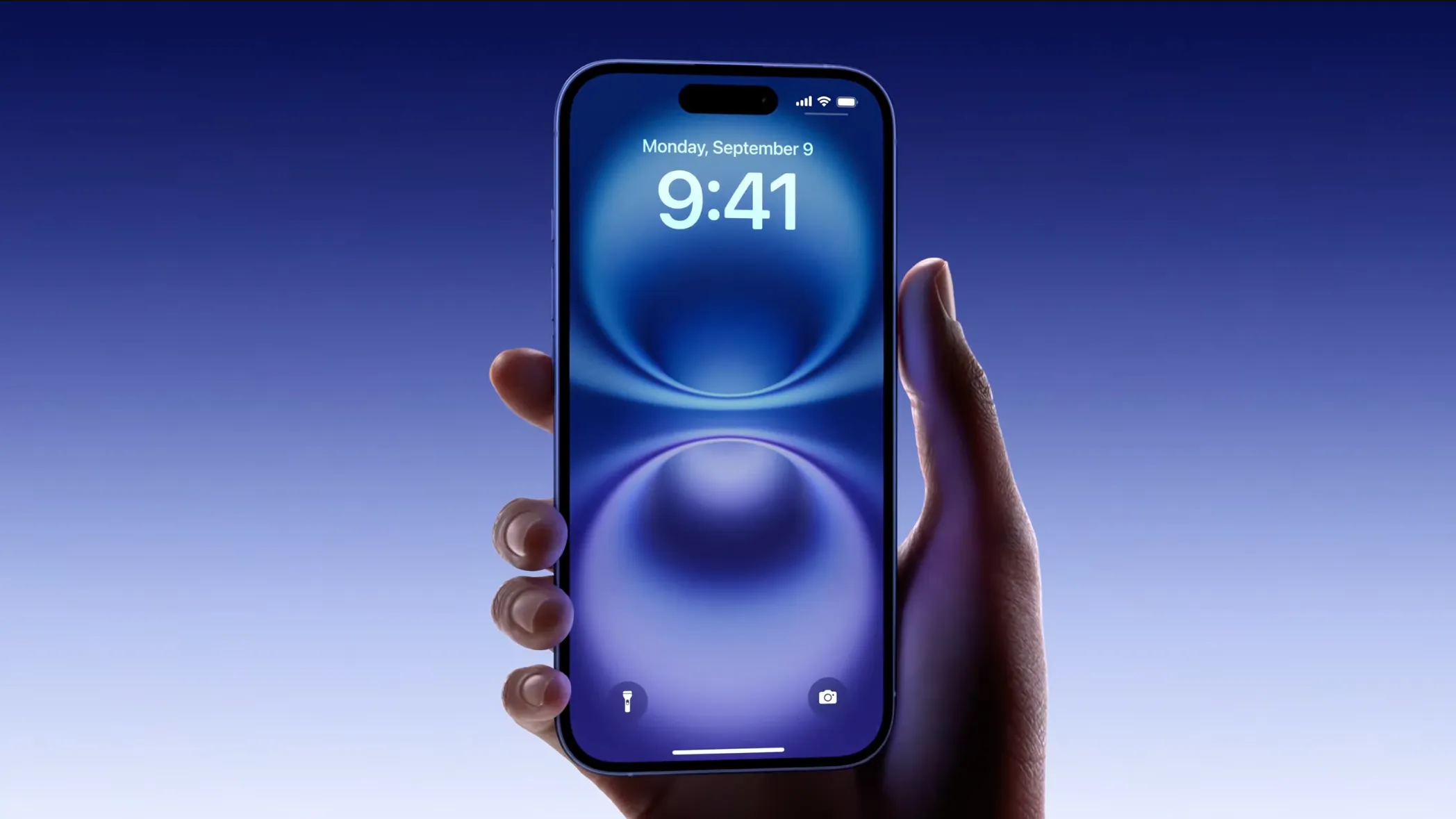Indonesia has halted sales of Google Pixel smartphones, just days after banning the iPhone 16, due to both companies’ failure to meet the country’s stringent local content requirements. Under Indonesian law, smartphones sold domestically must include at least 40% locally sourced components or services, such as manufacturing, firmware development, or investment in local innovation. Google must now obtain local content certification to resume Pixel sales, according to a spokesperson from Indonesia’s Ministry of Industry.
Local Content Rule Enforcement
The 40% local content requirement is part of Indonesia’s “local content level” certification policy, designed to bolster domestic economic development and promote fair competition among tech investors. Companies have multiple pathways to meet these requirements:
- Manufacturing: Companies like Samsung and Xiaomi have established production facilities in Indonesia.
- Investment in Local Development: Apple previously opened developer academies as part of its efforts to comply.
Recently, Apple faced similar sales restrictions after missing a $95 million investment threshold tied to the iPhone 16 launch.
Impact and Industry Landscape
Although Indonesia’s ban affects Google and Apple, neither company holds a dominant position in the country’s smartphone market. According to Counterpoint Research, neither ranks among Indonesia’s top five brands, where local and regional players typically prevail. However, these restrictions highlight the importance Indonesia places on domestic contributions from global tech companies looking to tap into its large consumer base.
The Indonesian government’s focus on local content underscores its goal to leverage its substantial market size for broader economic benefits, ensuring that foreign companies contribute meaningfully to the local tech ecosystem.


